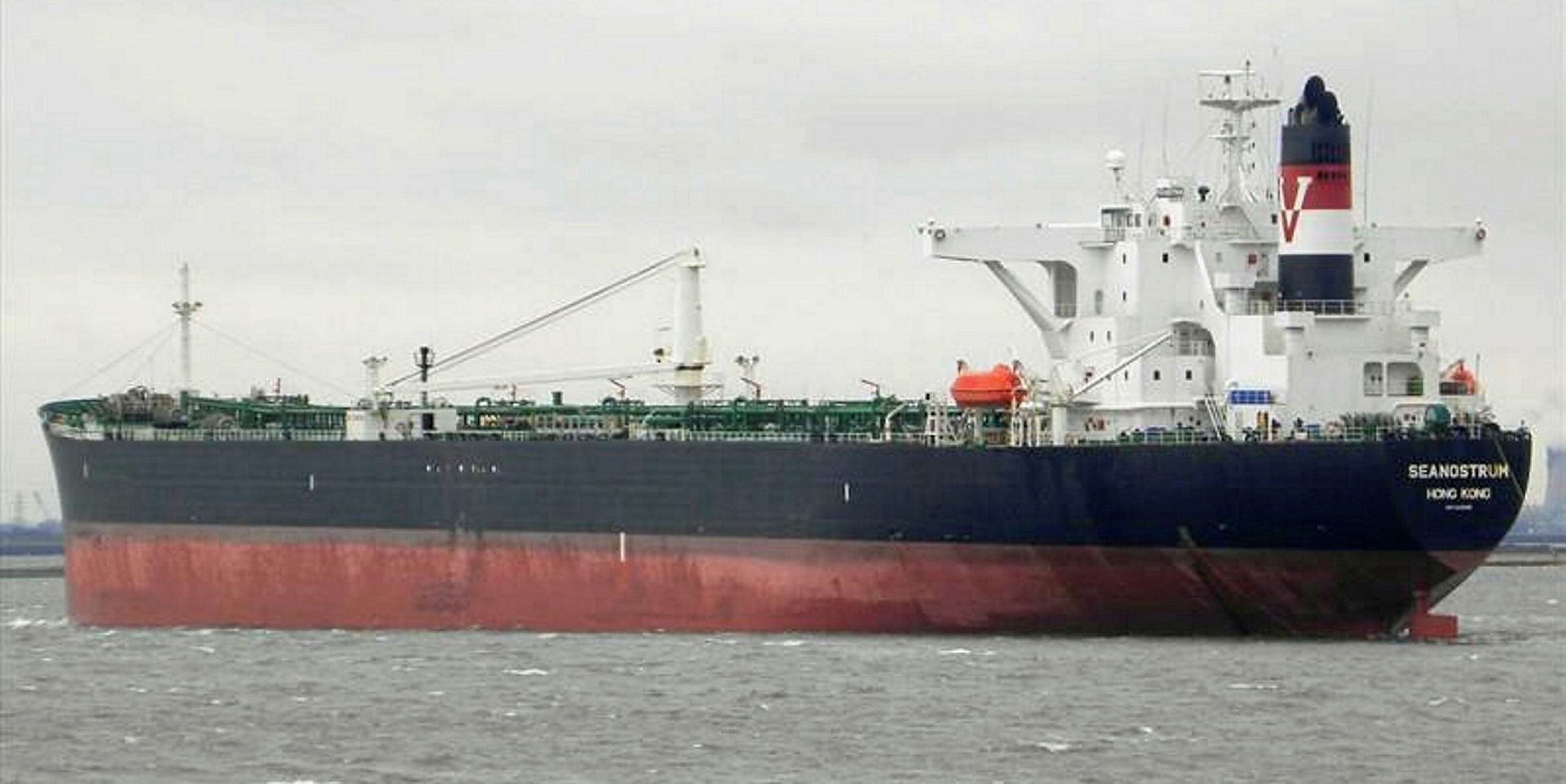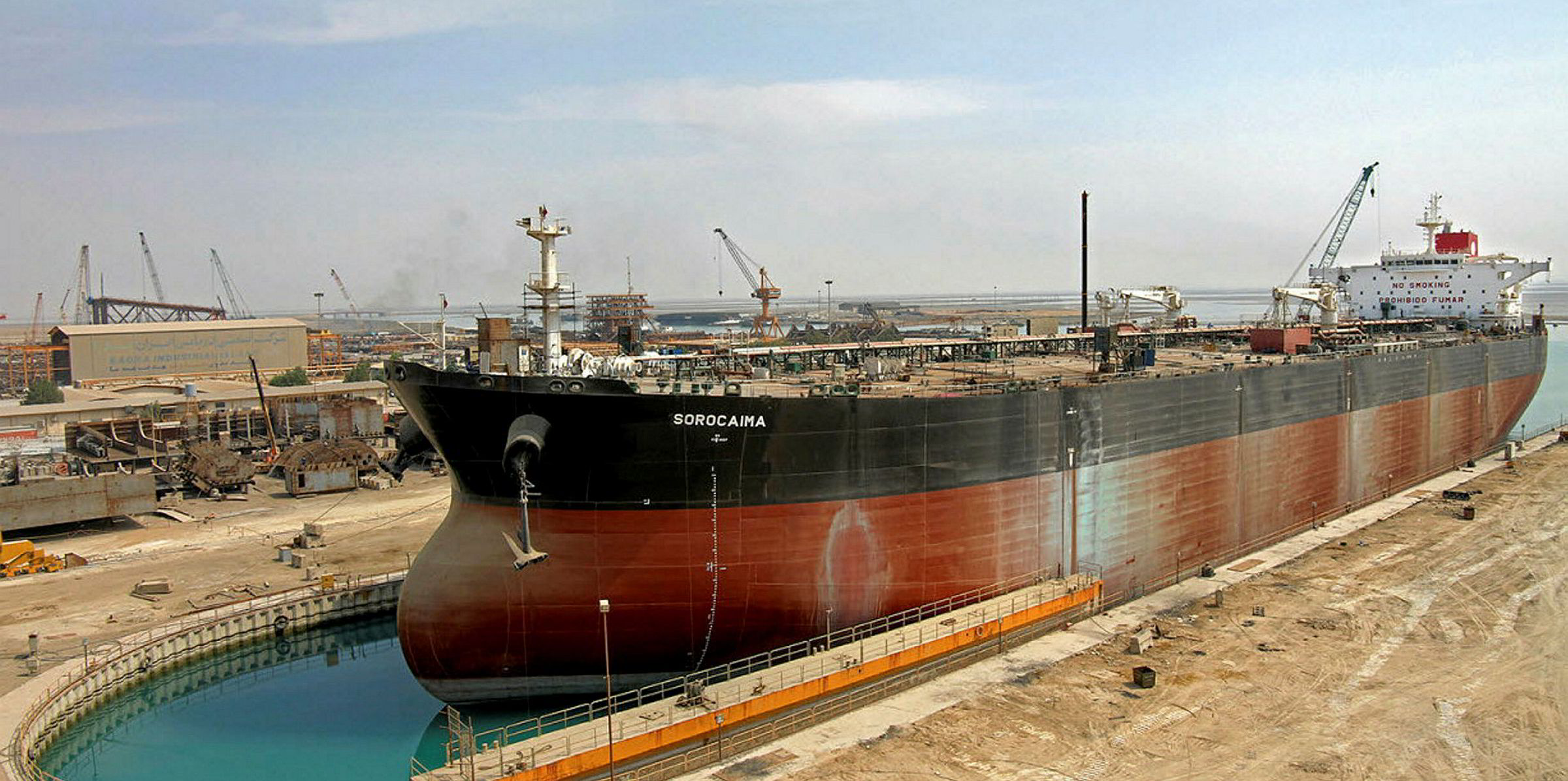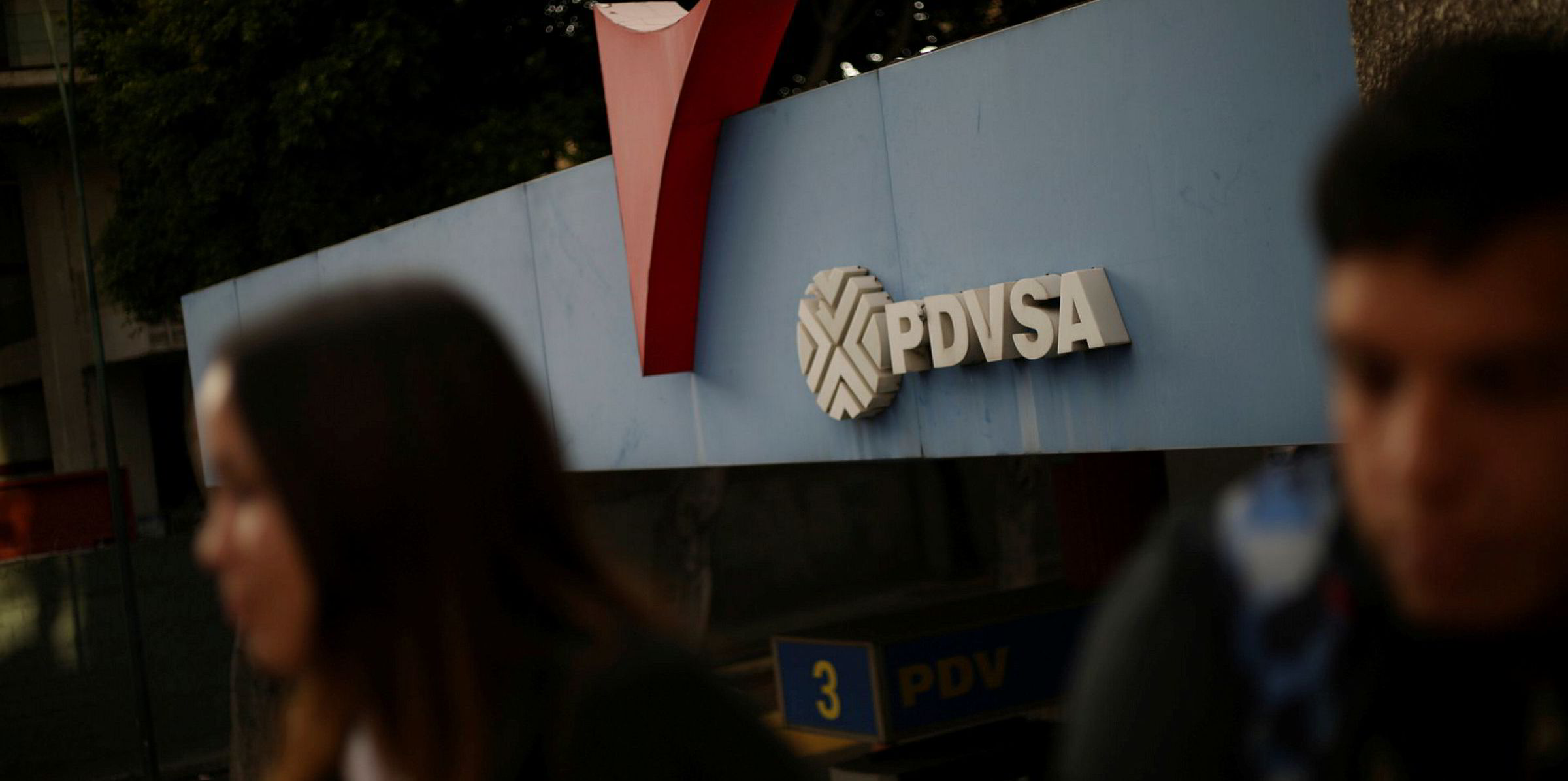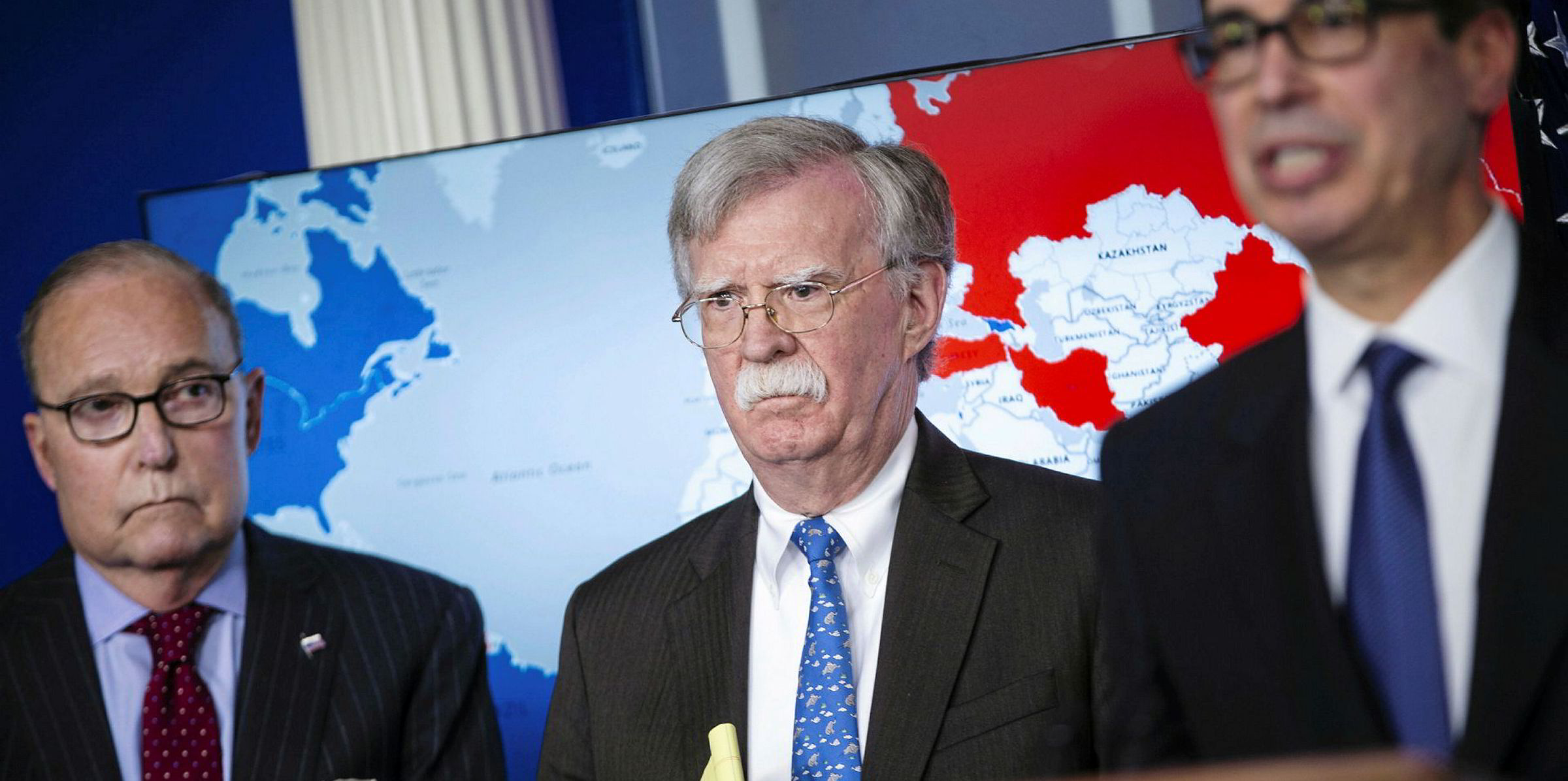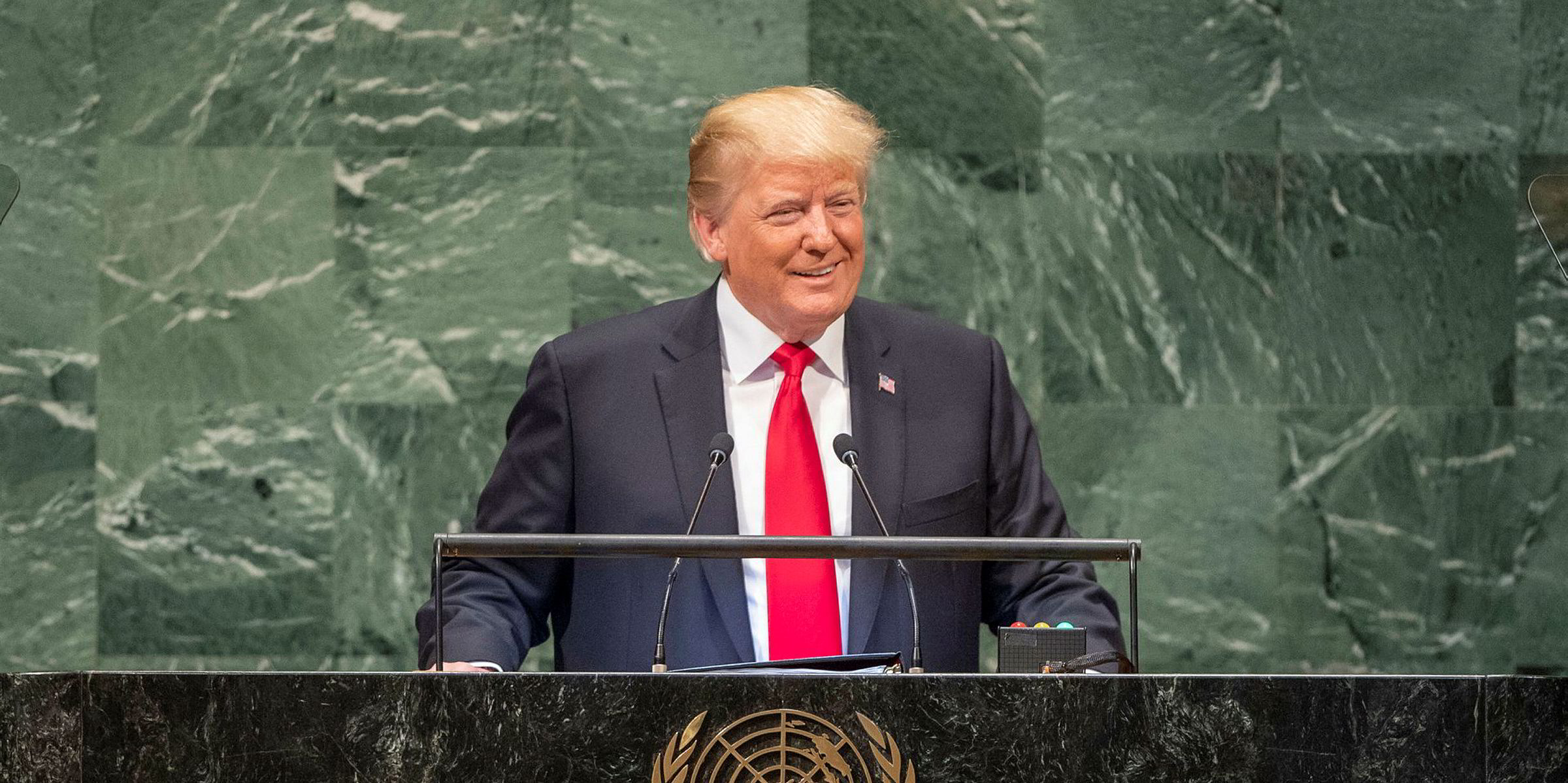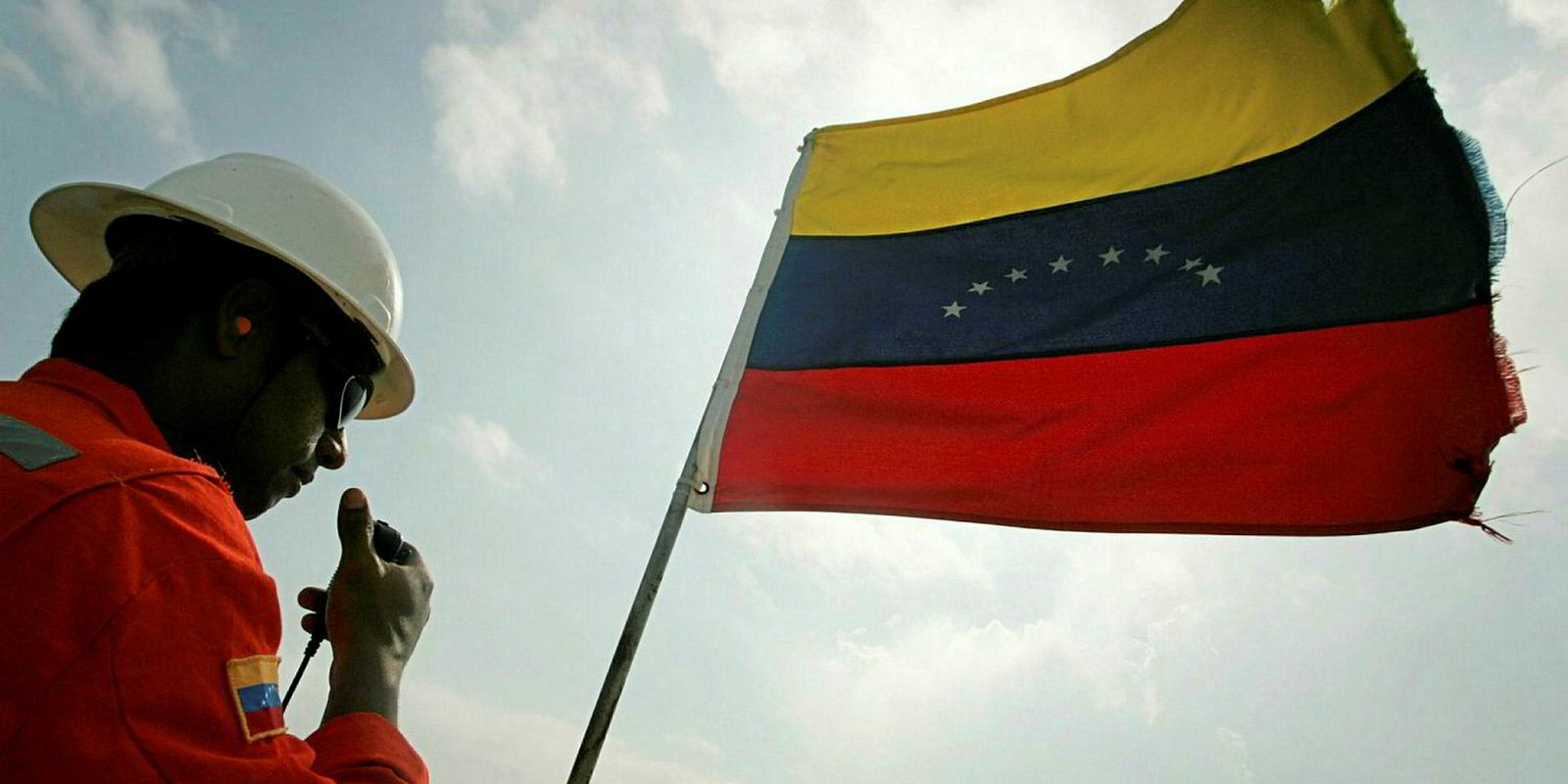Venezuelan tanker trades have become increasingly chaotic over the past week mainly because US-based companies suspended their transactions with state-owned Petroleos de Venezuela SA (PDVSA) over sanction worries, according to industry sources.
A handful of tankers have been diverted from Venezuela while many others are kept in Venezuelan waters and the Gulf of Mexico after loading operations, following the White House’s announcement of new sanctions against PDVSA on 28 January to drive out the regime of President Nicolas Maduro.
Based on Kpler estimates, three aframax tankers and a panamax have been floating off Puerto Jose for three to 11 days, as of this week, having loaded a total of 2.05 million barrels of Venezuelan crude. The amount stored on idle tankers in the Gulf of Mexico was 7.6 million barrels.
The 107,000-dwt crude tanker Seanostrum (built 2002) sailed from the US to Puerto Jose in the second half of January, before leaving Venezuela for Brazil without a cargo.
Also, at least four MR tankers laden with US refined products that were originally destined for Venezuela are staying in the Gulf of Mexico awaiting further orders.
A local agent has described the ship operations in Venezuela as a “disaster” and “wrecked”.
The vessels are believed to have been chartered by US-based energy firms including Citgo, Chevron and Valero Energy, which buy crude from and sell petroleum products into Venezuela.
US companies have been struggling to complete their trades with PDVSA, according to some market participants, even when some deals were fixed before the latest round of sanctions were unveiled.
Washington has granted US entities a three-month grace period to continue purchases of Venezuelan crude, yet the payments would need to be placed into escrow accounts in the US.
Political arm-wrestle
As the money is expected to be routed to US-backed opposition leader Juan Guaido, PDVSA would not be willing to trade under such terms as the state oil company is still under the control of President Maduro, analysts point out.
Except for heavy naphtha used as diluents for Venezuela’s extra-heavy crude, US entities generally may have until 27 February to wind down their products sales with PDVSA, according to the US Department of the Treasury. But the financial mechanism for such transactions is not clear.
“Questions persist regarding the [Venezuelan] state’s ability to source oil products," Kpler analysts said. "This has become especially apparent following US sanctions.”
European companies have also apparently stopped trading with PDVSA as more than a dozen national leaders in Europe have come out in support of Guaido. Asia-bound tankers have a better chance of continuing normal operations in Venezuela, according to shipbroking and cargo-tracking sources.
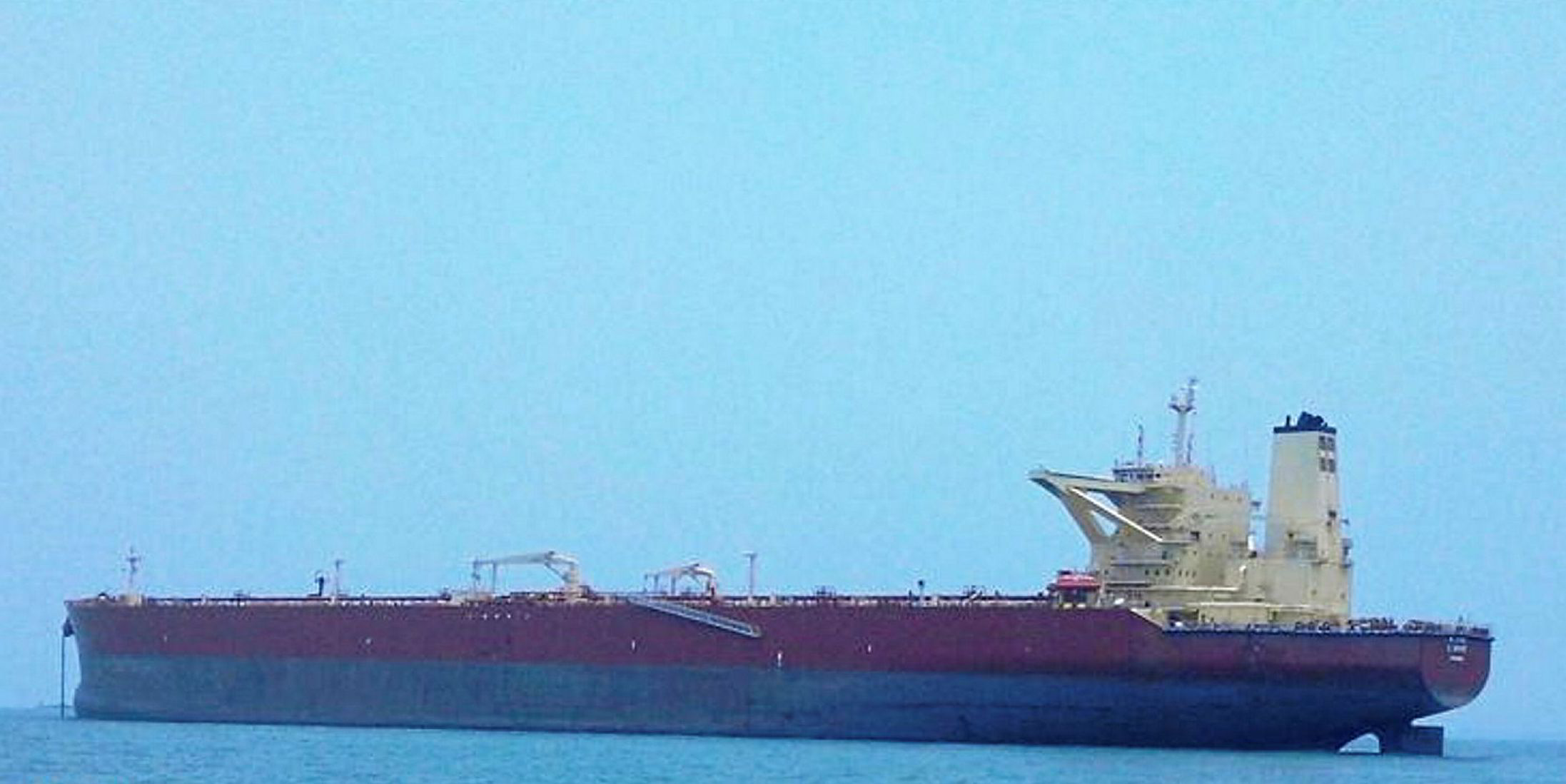
Having finished loading crude from Puerto Jose in early February, the 314,000-dwt VLCC C Spirit (built 2013) and 300,900-dwt Gener8 Success (built 2016) are sailing to Mundra in India and Singapore, respectively, Bloomberg data shows.
Reliance Industries is seeking a VLCC to load from the same port between 15 and 20 March for a voyage to western India, a broker said.
Different exposure
While many vessel charterers have faced obstacles in maintaining their cargo operations in Venezuela, shipowners are theoretically less exposed to US sanctions as long as they do not deal with PDVSA directly.
Based on general time-charter terms, often attached with sanctions clauses to limit liabilities, vessels can still receive hires when being diverted from or floated off Venezuela. Demurrage fees would be incurred under voyage charters when vessels have to stay at ports for longer than expected.
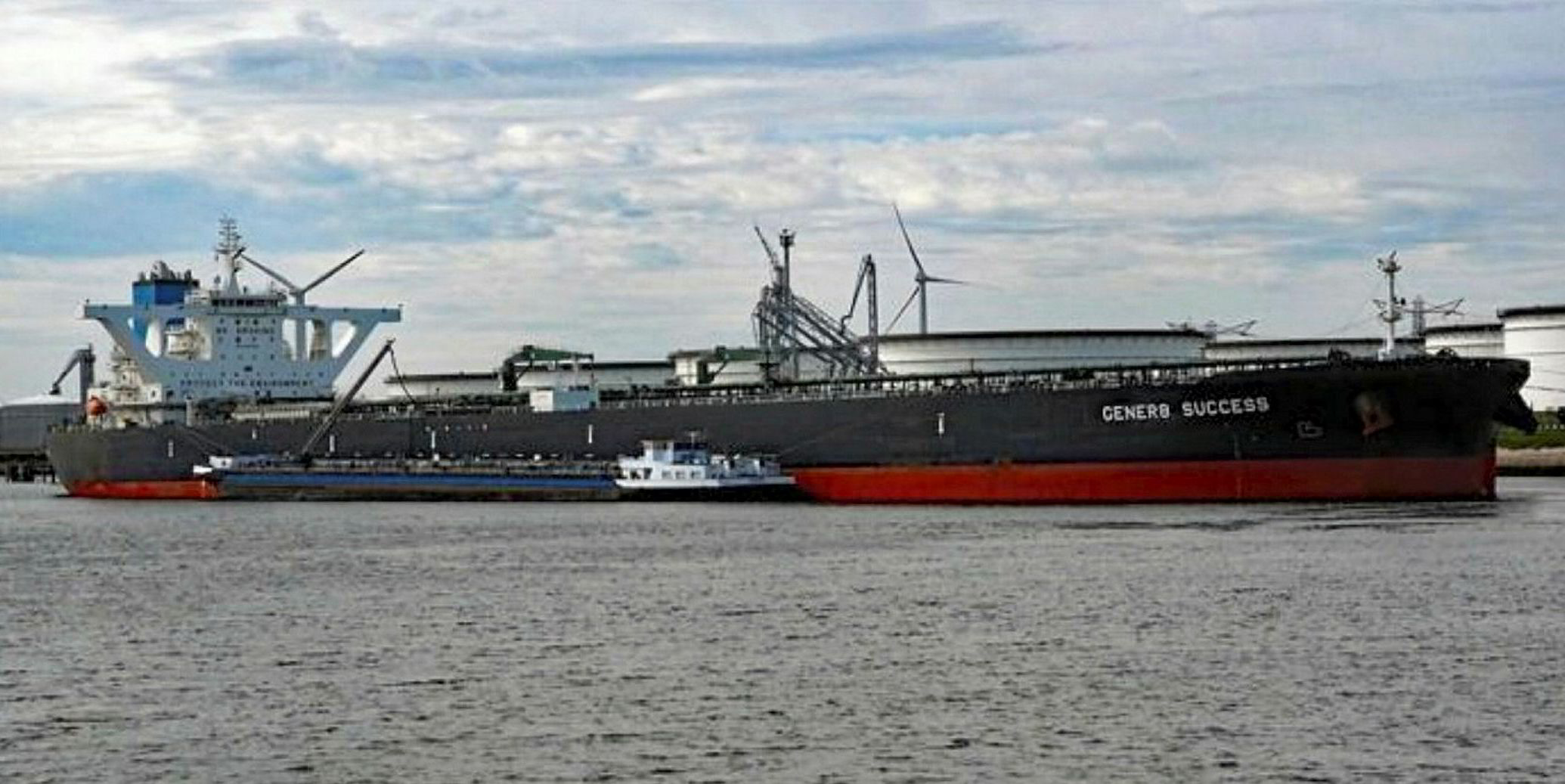
“Calling at Venezuelan ports doesn’t violate sanctions... We just don’t fix with PDVSA,” a US owner said, adding that his vessels can be deployed to Venezuela as long as he can be sure of not violating sanctions.
However, even as Venezuelan tanker trades will come with premiums, most owners will likely steer away due to operational risks and legal issues that could arise later, according to a US broker.
“There is still no set premium for Venezuela, to my understanding, and the view on trading to the country depends very much on which shipowner,” the broker said. “Very, very few crude and product tanker owners that typically trade in the Americas are currently willing to trade into the country as the situation continues to evolve.”
For those who deal with PDVSA, Washington’s sanctions could make their life difficult even when they are not based in the US.
Prohibitions
“Non-US entities aren't required to block PDVSA assets or stop transacting with PDVSA," Wikborg Rein counsel Charlie Pope said. "However, they are prohibited from helping PDVSA evade sanctions, causing a US person to violate the sanctions, or dealing in PDVSA property that has been blocked.
“These prohibitions may make it difficult for them to continue to trade with PDVSA; the non-US entities' banks will be terrified that if they process a payment to PDVSA, they will expose themselves to a risk of violating these prohibitions.”
The US Treasury’s explanations of sanctions leaves the door open for non-US entities trading with PDVSA in non-US currencies. However, US National Security Advisor John Bolton told “bankers, brokers, traders, facilitators and other businesses” via his Twitter account that they should not deal in oil “being stolen from the Venezuelan people by the Maduro mafia”.
“There is... the possibility of further sanctions being introduced and practical issues around, for example, making and receiving payments, even where US dollars are not involved,” North P&I Club director Mark Church said.
A European owner who directly trades with PDVSA admitted that he needed to have extra guidance on how to receive payments.
“The jury is still out on that one,” he said.
